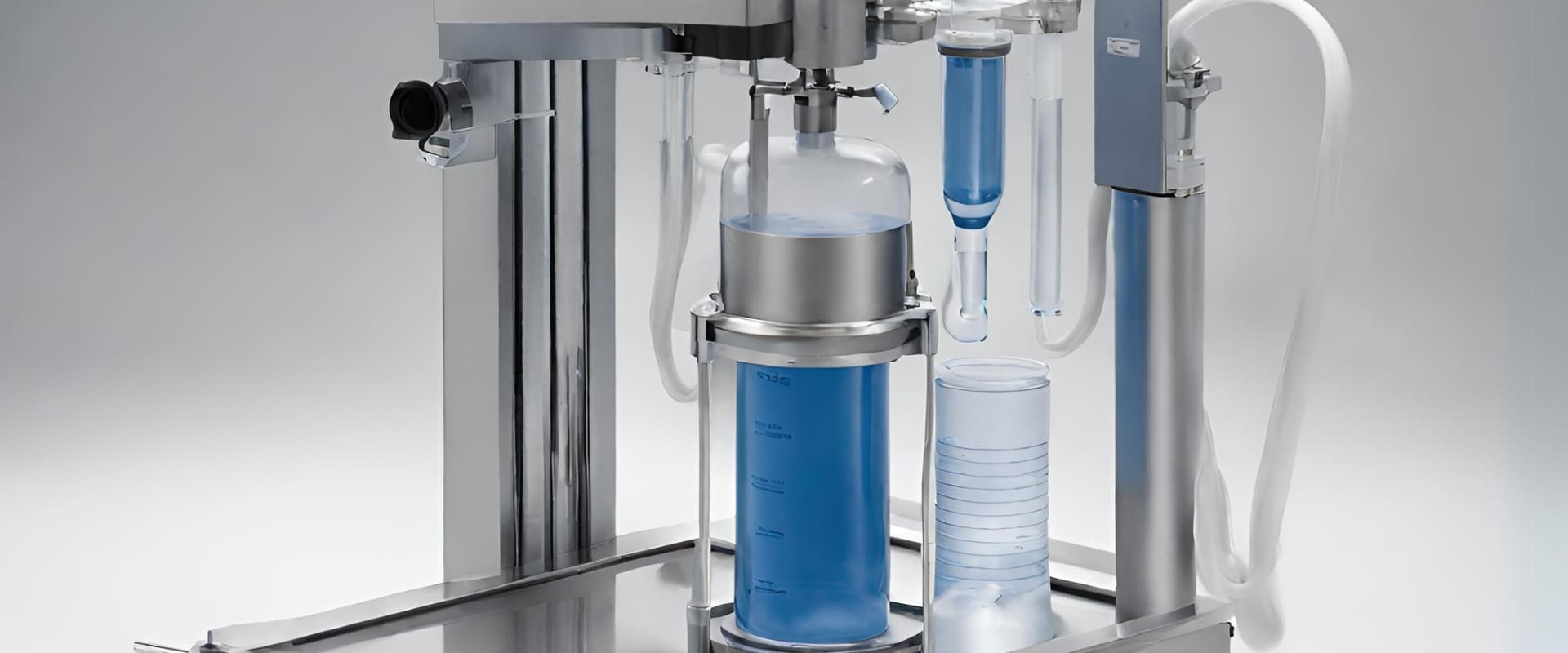
Microfiltration
and Ultra
filtration
and Ultra
filtration
Abstract
Microfiltration (MF) and ultrafiltration (UF) are vital in the chemical industry for efficient liquid purification and concentration, utilizing semipermeable membranes. Their advantages include enhanced efficiency, reduced energy consumption, and a positive environmental impact, aligning with industry goals of sustainability and improved product quality.
Blog
Microfiltration (MF) and ultrafiltration (UF) are advanced membrane separation technologies widely applied in the chemical industry for the purification, separation, and concentration of various liquids. These processes involve the use of semipermeable membranes to selectively separate particles and solutes based on size, making them integral to numerous chemical manufacturing processes.
Microfiltration is employed for the removal of larger particles and macromolecules from liquids. With pore sizes typically ranging from 0.1 to 10 micrometers, MF is suitable for applications where the separation of particulate matter is critical. In the chemical industry, MF is utilized for clarifying liquids, removing suspended solids, and achieving a high level of liquid purity. This process finds application in the production of chemicals, pharmaceuticals, and specialty products where the removal of contaminants is essential for product quality.
Ultrafiltration, on the other hand, operates with smaller pore sizes, typically ranging from 0.001 to 0.1 micrometers. UF is effective in separating molecules based on size and is commonly used for concentrating solutions, removing macromolecules, and fractionating components in various chemical processes. In the chemical industry, UF is applied in the recovery of valuable products from process streams, the concentration of reactants or intermediates, and the removal of undesired substances from final products.
Both MF and UF technologies offer advantages in terms of process efficiency, reduced energy consumption, and minimal environmental impact. These membrane processes provide a gentler alternative to traditional separation methods, allowing for milder operating conditions and improved product yields. Additionally, they contribute to resource conservation by minimizing the need for extensive chemical treatments and reducing waste generation.
The chemical industry often integrates MF and UF into larger process schemes, combining these membrane technologies with other separation techniques for optimal results. Their compatibility with various chemical solutions and versatility in handling different feedstreams make MF and UF valuable tools in the production of specialty chemicals, polymers, and pharmaceuticals.
As the chemical industry continues to advance, the adoption of membrane technologies like MF and UF is expected to grow, driven by the need for sustainable and cost-effective separation processes. The precise control over particle and molecular sizes afforded by these technologies aligns with the industry's goals of enhancing product quality, reducing environmental impact, and improving overall process efficiency.
×
![]()
|
DOWNLOAD BROCHURE
|
|
REQUEST FOR QUOTATION
|


